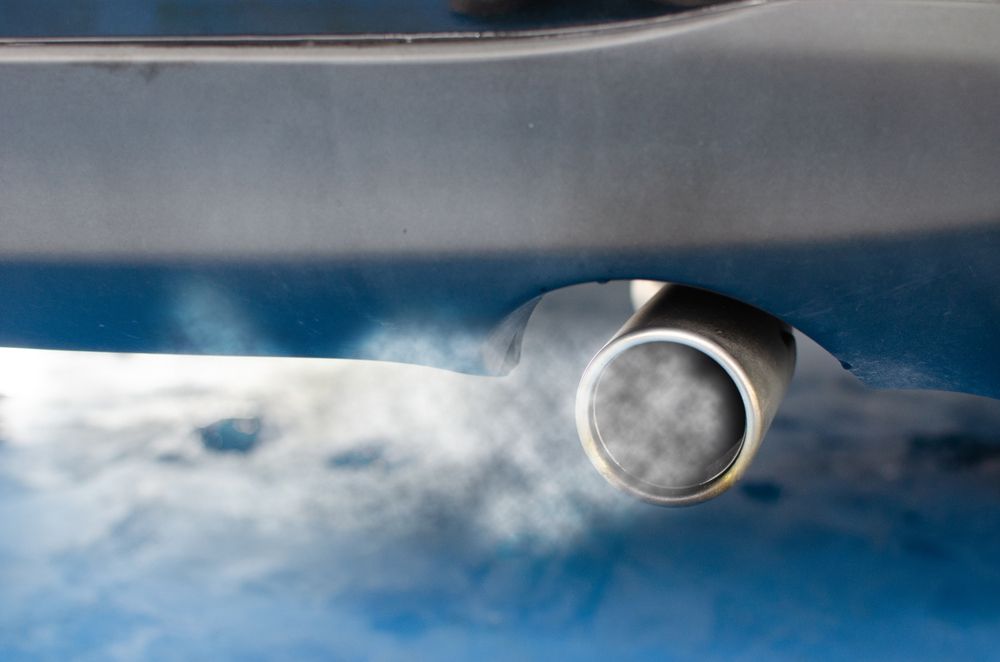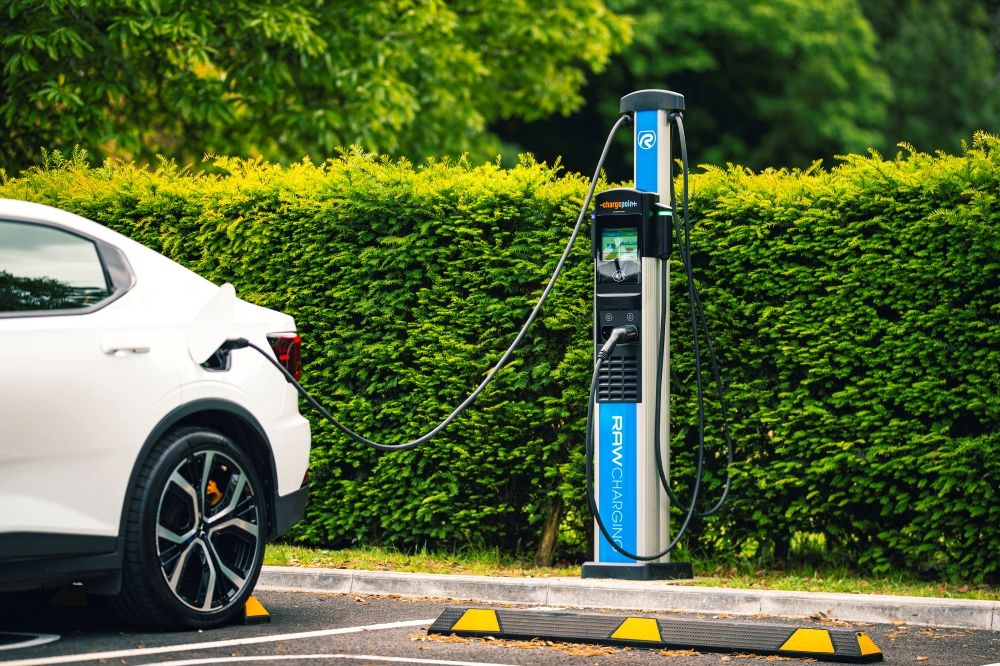More than 150 companies representing the electric vehicle (EV) value chain have called on the EU to keep its 2035 zero-emission target.
A letter to European Commission President Ursula von der Leyen, from executives at the firms, said the EU should “stand firm, not step back” on the zero-emission target for cars and vans.
It called for bolder action, urging the Commission to avoid delaying or diluting the 2035 zero-emissions target in its upcoming review – and focus on stronger industrial and demand policies for securing Europe’s EV global competitiveness.
The letter has been signed by EV manufacturers, including Volvo and Polestar; battery manufacturers such as Verkor, Samsung and LG Energy; charging operators like Fastned, IONITY, Alpitronic; material suppliers including Talga, Orano, Rock Tech Lithium, as well as grid operators Iberdrola and EDP.
The signatories stress that the 2035 target has already triggered hundreds of billions of euros in new investment across Europe: from battery gigafactories in France and Germany, to retooled or new car plants in Slovakia and Belgium, expanded charging infrastructure, and major grid upgrades.
Rolling back would erode investor confidence, stall momentum, and hand long-term advantage to global competitors, such as China. Europe would risk deeper dependency and lost global influence in hesitancy on targets.
Specifically, the letter calls for a stronger industrial strategy to scale battery production, secure raw materials, and
support supplier transformation; incentives to support citizens in switching to EVs; and accelerated investment in grids and reform to deliver electrification infrastructure.
Michiel Langezaal, CEO of Fastned:
“The mindset we need today is not defensive adaptation but proactive leadership – a growth mindset both in industry and in policy alike. That means taking decisive actions to sustain and drive EV demand and to accelerate the transition to electric mobility in Europe.”
Michael Lohscheller, CEO of Polestar:
“The EU’s 2035 target to end sales of new combustion cars was a turning point.
“It gave clarity to industry, direction to investors and certainty to consumers. Weakening it now would send the opposite signal: that Europe can be talked out of its own commitments. That would not only harm the climate. It would harm Europe’s ability to compete.”
Dominic Phinn, Head of Transport at Climate Group, said:
“It’s hard not to notice how the carmakers that are most vocal about watering down agreed legislation are those that are slowest to embrace the EV transition.
“It goes against the overwhelming demand for EVs from the many businesses – including members of our EV100 network – who are fully committed to smarter, cleaner road transport and want to see a competitive EU that leads the global shift.
“Sales are surging, models are diversifying, charging infrastructure is rapidly expanding – and forward-thinking carmakers are doing the right thing because they know their choice is simple. Either raise your EV game today, or be irrelevant tomorrow.”
Image from Shutterstock












